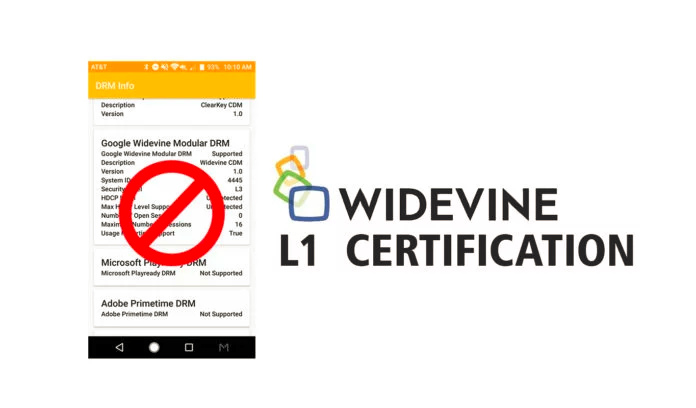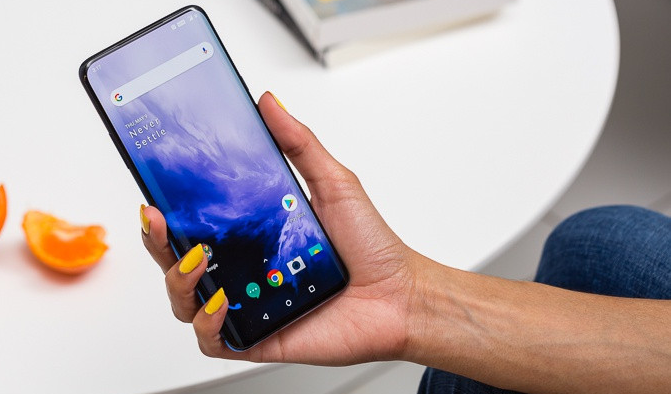Android enthusiasts are very familiar with the bootloader unlocking process. It’s the genesis of every process of further customizing a smartphone since it’s the very first requirement in order to flash a custom recovery and subsequently a custom ROM. If you love to root and Custom ROMs, the bootloader unlocking process is always a path that you cross, no matter the consequences. The OnePlus 7 Pro recently gained root thanks to the bootloader unlocking and a custom recovery. That was the first step to new development and while users are pretty happy with it, they’re unaware of unavailability of Widevine L1 certification after the bootloader unlocking process.

Widevine is a digital rights management component used by Android MediaDRM and Chrome Web Browser to ensure security for video content being displayed in the screen. Various streaming platforms such as Netflix, Amazon Prime, and other networks use this certification to stream the best quality, without it device are unable to display HDR content. Devices with Widevine L1 certification can run the highest quality of video streaming available, while Widevine L3 limits it to 480p or lowest video quality. It further enhances content protection and video playback ensuring device security.
The same situation that happened with the OnePlus 6 and 6T is now plaguing OnePlus 7 Pro owners that unlocked the bootloader. Apparently, this act instantly makes the device Widevine L3 certified. Reports in the XDA-Developers forum emerged with users sharing the inability to watch high-quality video content from premium video streaming services. It is unclear whether relocking the bootloader fix the problem in the 7 Pro or not, however, this worked with the OnePlus 6 and 6T. Other devices such as Poco F1 are also plagued by weird behavior.
That’s just another caveat for those wishing to open the doors for custom ROMs.





